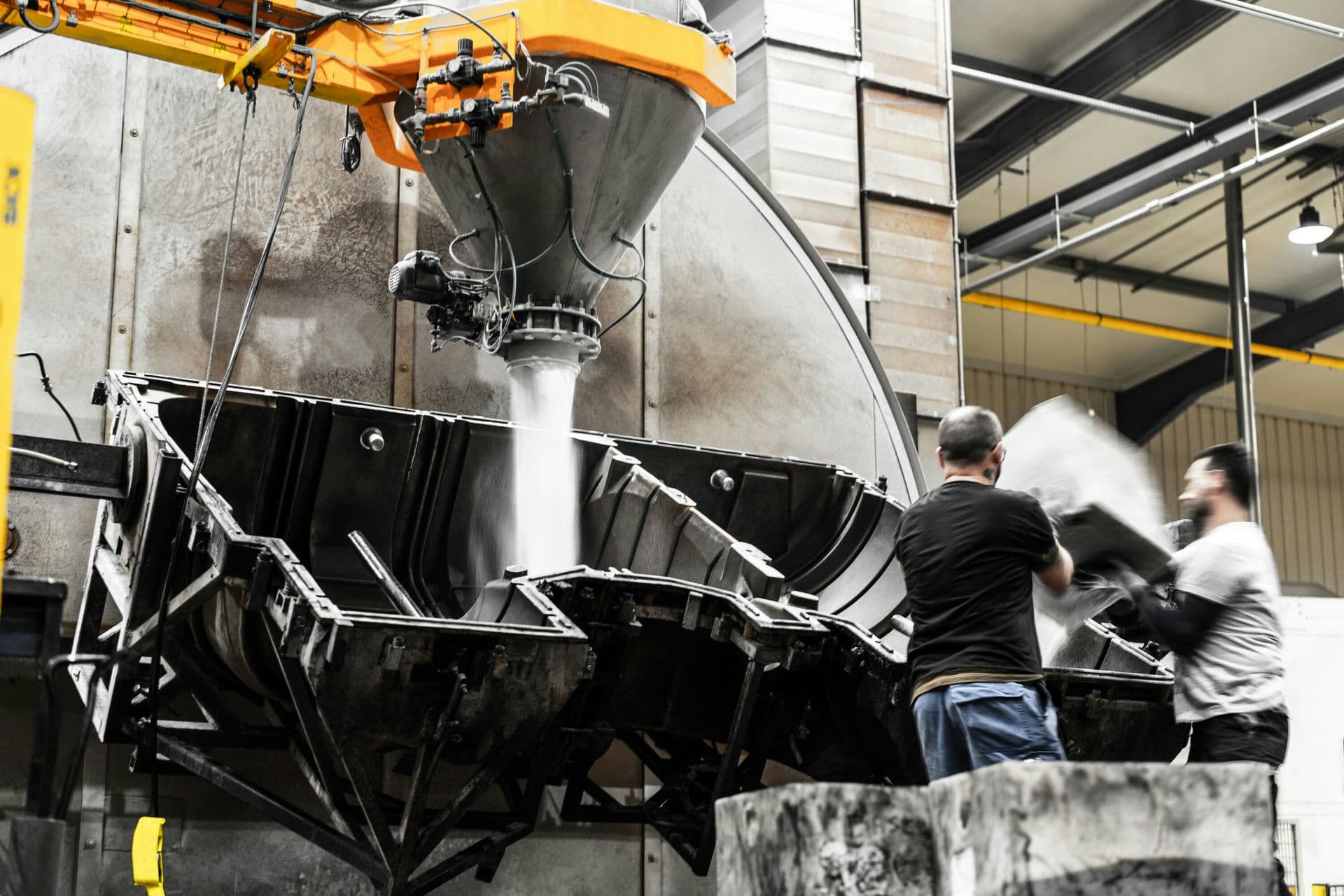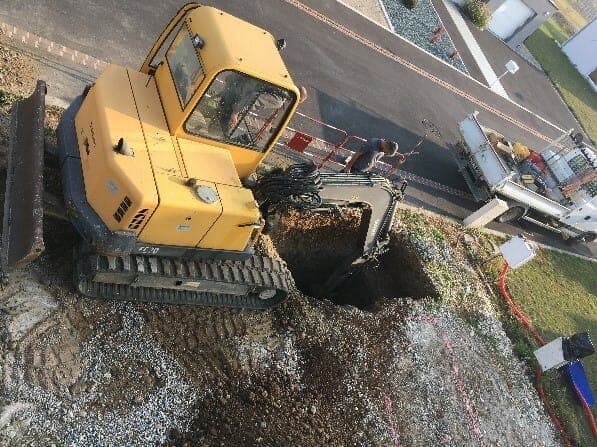In wastewater treatment, everyone has a role to play. From the local authority who ensures that there are adequate facilities in place, to the individual responsible for installing and maintaining the equipment, each cog in the machine is essential for ensuring smooth operation.
In this blog post, we will take a closer look at what each of these players does and how they work together to deliver individual wastewater treatment.
The local authority is responsible for ensuring that there are adequate facilities in place to meet the needs of the population. They will also carry out regular inspections to ensure that systems are operating correctly and that effluent quality meets regulatory standards.
The local authority is responsible for ensuring that individual wastewater treatment systems are designed, installed, and operated correctly. They also provide advice and support to system owners on how to maintain their system and comply with legal requirements.
All property owners who live in isolated regions and are disconnected from the sewage system must contact the local authority.
The local authority is in charge of the file controls and gives permissions for the implementation of the device you have picked. It will also be there to verify the installation at the time of the operation.
To summarize, the competencies of the local authority include :
Maintenance and rehabilitation are optional.
SPANC operates at a regional level, so if you have any questions about your individual wastewater treatment system, you should contact your local SPANC office.
 The Design or Engineering offices are in charge of carrying out soil studies. The major purpose of these tests is to assess the soil's ability to treat and infiltrate wastewater from the home. These investigations are done at the request of the owner.
The Design or Engineering offices are in charge of carrying out soil studies. The major purpose of these tests is to assess the soil's ability to treat and infiltrate wastewater from the home. These investigations are done at the request of the owner.
The Design Office is responsible for giving advice on the most appropriate individual wastewater treatment system for your needs, based on factors such as the soil of your home, the size of your property, and the number of people living there. They will also provide you with information on how to operate and maintain your system and can offer support if you have any problems.
When choosing a design office, it is important to make sure that they are experienced in designing individual wastewater treatment systems. You can ask to see examples of their work and check whether they are registered with the local authority. Design offices are not mandatory in all regions.
The design office will prepare the plans and specifications for your individual wastewater treatment system. Once you have approved these, they will submit them to the local authority for approval.
Once the local authority has approved the plans, the design office will provide you with a list of approved manufacturers and installers.
If you have any problems with your system, the design office can offer support and advice. Choosing a reputable and experienced design office is essential for ensuring that your individual wastewater treatment system is designed correctly.
 The manufacturer is responsible for ensuring that the individual wastewater treatment system meets the requirements of the local authority and the design office. They will also provide you with a guarantee for the system.
The manufacturer is responsible for ensuring that the individual wastewater treatment system meets the requirements of the local authority and the design office. They will also provide you with a guarantee for the system.
It is important to choose a reputable and experienced manufacturer who has experience in manufacturing individual wastewater treatment systems.
When choosing a manufacturer, it is also important to make sure that they have a good reputation and that their products are covered by a warranty. This will give you peace of mind in knowing that if something goes wrong with your system, you will be able to get it repaired or replaced free of charge.
Once you have chosen a manufacturer, they will provide you with a list of approved installers.
To summarize, the manufacturer must fulfill its warranty obligation. The warranty period may vary from one manufacturer to another and from one sanitation system to another. However, all systems have at least a ten-year warranty on the tanks. For example, at BIOROCK we provide a 10-year warranty on the media and a 25-year warranty on the tanks. This proves that you can rely on our products to work optimally for years to come.
 The excavation company in charge of the installation of the work guarantees your installation thanks to its 10-year warranty which protects you in case of hidden defects.
The excavation company in charge of the installation of the work guarantees your installation thanks to its 10-year warranty which protects you in case of hidden defects.
The digger will handle the installation of your individual wastewater treatment system (e.g., earthwork, excavation, device installation, and connection). The digger may also be able to contract the equipment.
If this is not the case, an installer approved by the brand or the manufacturer will take care of the commissioning and will give you all the instructions for use and maintenance.
To summarize, the installer's role is to install the individual wastewater treatment system according to the plans and specifications provided by the design office. The installer will also provide you with a warranty for their work.
If you have any problems with your system, the installer can offer support and advice.
Every homeowner who resides in a location that is not connected to the sewage system must bring his wastewater treatment system into conformity.
To do so, he must contact the local authority of his region which will indicate the process. At the same time, he must engage a soil study firm to perform the research.
The owner is responsible for the maintenance of his individual wastewater treatment system. It is important to carry out regular maintenance on your individual wastewater treatment system to ensure that it is working properly. Maintenance will also help to extend the life of your system.
You should have your individual wastewater treatment system serviced by a professional at least once a year.
To summarize, the owner's role is to maintain the individual wastewater treatment system and to carry out regular servicing. If there are any problems with the system, they can contact the relevant actors for advice and support.
Individual wastewater treatment systems are designed to provide a high level of treatment for domestic wastewater. They are a key part of ensuring that our environment is protected from pollution. There are different actors involved in individual wastewater treatment, each with its own role to play. It is important to choose a reputable and experienced manufacturer who can provide you with a warranty for their products. The installer will also provide you with a warranty for their work. The owner is responsible for the maintenance of the system and should carry out regular servicing. If there are any problems with the system, you can contact the relevant actors for advice and support. Want to contact a sustainable manufacturer? Contact us right now!